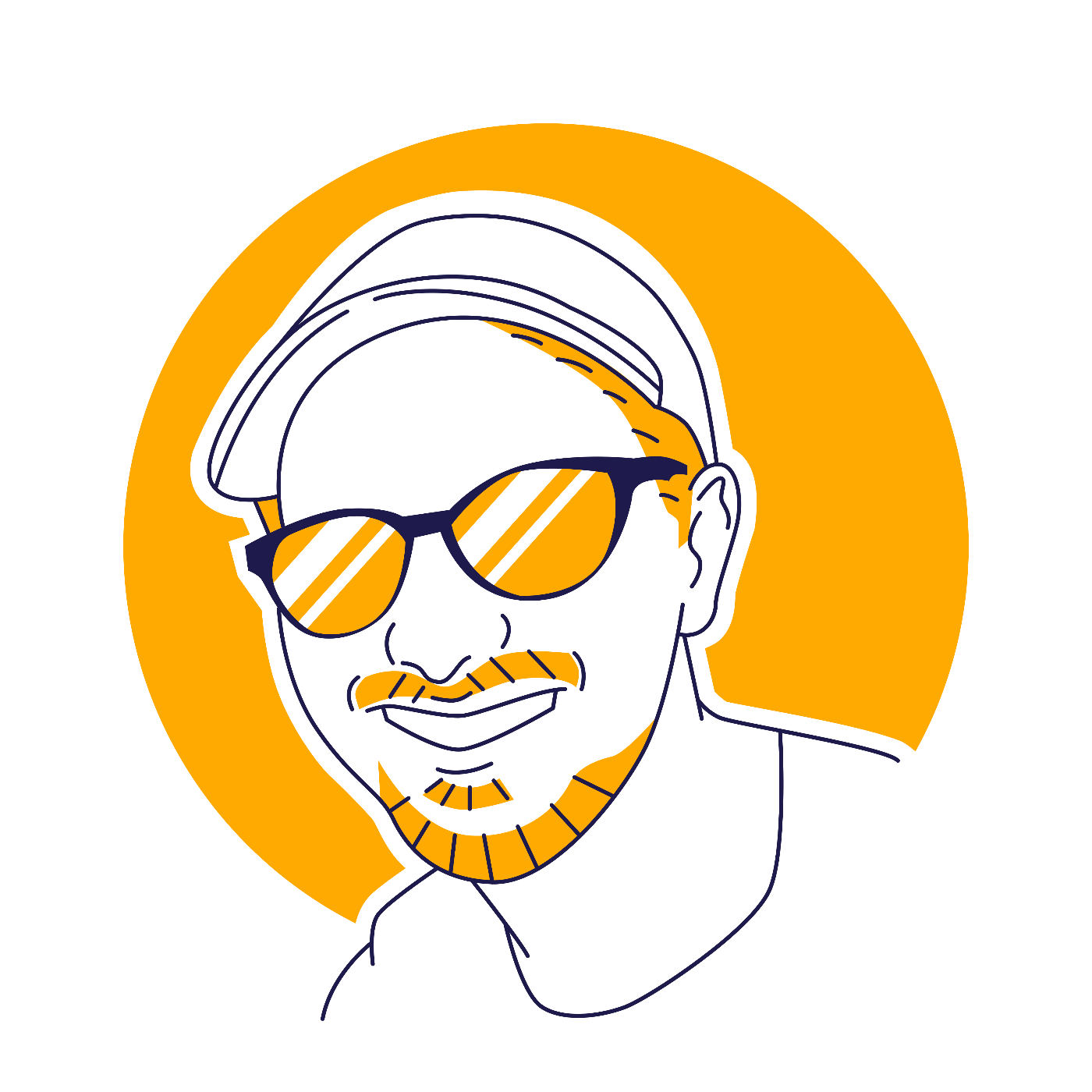178 reads
How To Stop Endlessly Searching For Your Passion
by
September 6th, 2023
Audio Presented by

I'm a digital entrepreneur interested in the creators' economy, the future of work, and building resilient companies.
Story's Credibility

About Author
I'm a digital entrepreneur interested in the creators' economy, the future of work, and building resilient companies.
